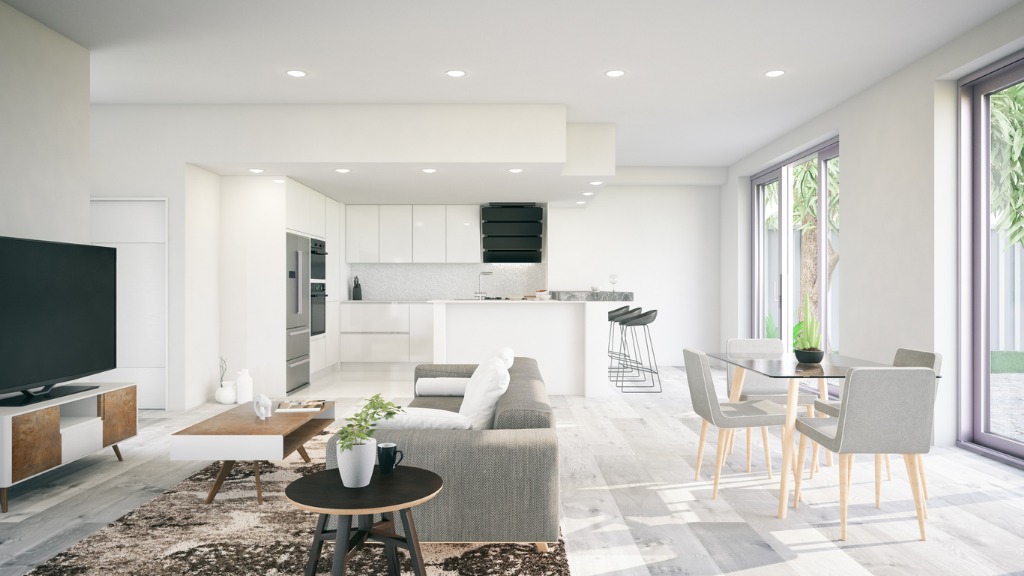Do You Invest in Property for a Regular Rental Yield or for Capital Growth?


When you’ve decided to make a move into property investment, you’ll need to decide whether you are investing to generate a regular rental income, or if you’re investing for capital growth. What you want to achieve will most likely guide your decisions.
Investing for regular rental yield
This option could give you a regular income throughout the lifespan of your investment. Essentially, it means you purchase a property at usually a high price in an area of demand and then rent it out to tenants who pay you regularly.
A steady income from your tenant could easily pay for the mortgage on the property, letting it tick over without much further financial input from you. You may need to update and maintain the property to ensure tenants continuously occupy the property happily, but the money for that can often also come from the yield you generate. When you’re ready to sell your rental property, you’ll potentially have a substantial amount of equity – particularly if you’ve also bought property in a place which has experienced growth.
Cons of investing in rental yield include the likelihood of an un-tenanted property now and then, which means you’ll have to pay for the mortgage payment yourself until you find tenants for the property. You’ll also have to take care of real estate marketing costs to help to attract tenants to your property.
You also can’t expect the property to rise in value as much as a property bought with the mind of investing in capital growth.
Investing for capital growth
This investment strategy is most commonly seen when someone buys an investment property that they are looking to do up, in a location that promises growth and can deliver a far higher selling price. While this option may not give you consistent money throughout your investment, your aim is to be rewarded with a lump sum when you’re ready to sell.
Some capital growth investors may renovate the property and sell, then buy another property with the equity they make on the first, then renovate and sell again, and so the cycle continues. Others wait 25 years before they sell, renovating at a slower pace, simply waiting for the area to develop, letting the property value steadily increase over time. Though this can give you huge equity, it comes with risk, as you are relying on the property market to work in your favour. If the house prices crash when you sell, you will lose big bucks.
The main disadvantage of not renting out your investment property, or renting it out for a low price, is that it doesn’t pay for your mortgage without eating into a chunk of your income. This requires financial stability over an extended period of time.
Which option is best?
It depends on your reasoning for investment. Do you want a lump sum or a regular income?. If you want a steady income, a rental yield investment may be more appropriate. Not needing the money any time soon may push you further towards capital growth.
It also depends on your finances. Will you be able to pay the mortgage yourself, or is it safer to rely on rent from tenants? If you don’t want to spend all or part of the mortgage for this property each month, you’d probably opt for a rental yield investment.
You’ll want to spend considerable time summing up both options and talk to a professional to see whether you’re entering into the right deal.
Mortgage House
At Mortgage House, we’re no strangers to the homeowner’s journey. It’s a long (but rewarding) one.
But don’t worry, we can help with that.
If you’re thinking of selling your home and are ready to make the next move buying or investing, you can contact us for information about the best options for you when it comes to your mortgage.
